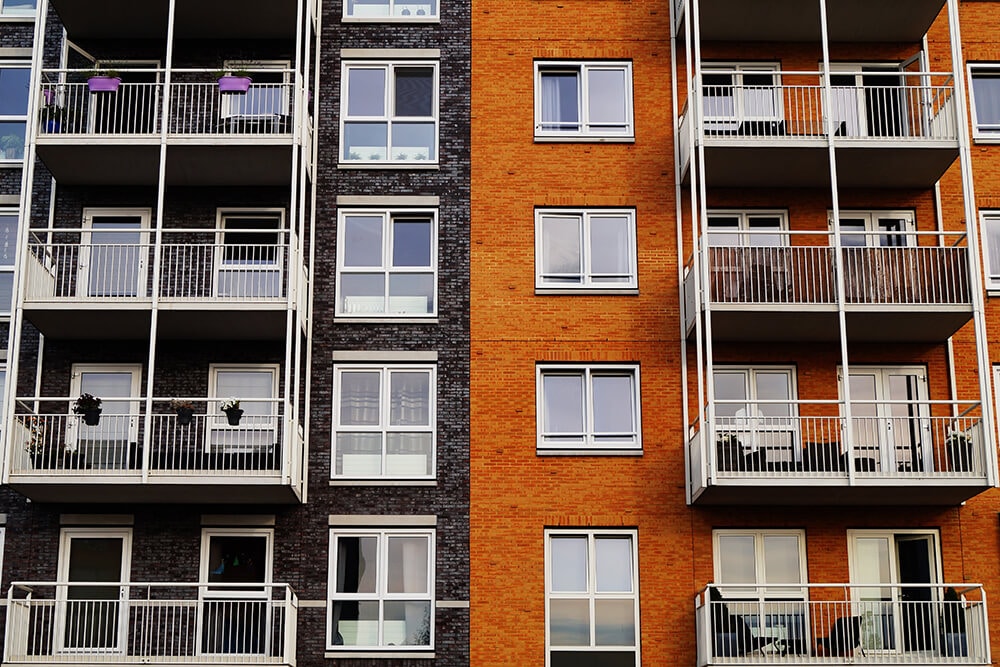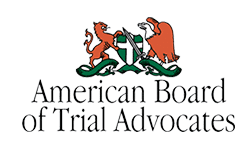What Happens If I’m Seriously Injured in My Apartment Building?

If you rent an apartment, it’s likely you have renter’s insurance. While this is useful in the event of a fire, flood, or another event that damages your physical property, what happens if you’re seriously injured in your apartment building? The answer to that question is rather complex because it’s often contingent on where and how the accident happens.
In order to understand your rights after an accident in your apartment building, let’s take a look at the types of potential accidents and how to go about determining whether your landlord is legally liable for your injuries and expenses.
Apartment Buildings and Accidents
It’s estimated that 19 million American households rent apartments. While vigilant landlords conduct regular inspections to identify and eliminate hazardous conditions, this isn’t always the case. When a landlord fails to keep their property hazard-free, it’s possible they could be held legally liable for any injuries tenants or guests sustain.
Apartment building insurance claims and lawsuits are filed on a regular basis. The premises liability laws in Mississippi, and every other state, require landlords to maintain a safe environment. In the event you were hurt in your apartment, townhome, or duplex, or in the common areas surrounding the property, you may be able to pursue a claim to seek compensation for your losses.
There are a number of different ways a person could be seriously injured in an apartment building. It’s important to understand when the injuries are the fault of the tenant and when they are the fault of the landlord.
Accidents Inside Your Rental Apartment
If you slip and fall in your apartment after you spilled coffee on the floor and failed to wipe it up, that type of accident and the resulting injuries would be your fault. But there are a number of different accidents that can happen inside your rental apartment that are the legal responsibility of your landlord. Some of the most common include:
- Electrical shocks. A tenant may sustain electrical burns in the event an electrical socket isn’t grounded properly or the wire insulation is worn.
- Missing or broken locks. Occupants are at a higher risk for assault and robbery in unsecured rental units. If you have a malfunctioning lock on a window or door and your landlord has failed to do anything about it, you are being deprived of a safe and private home.
- Unstable balconies or decks. Catastrophic injuries are a real possibility in the event a condo deck collapses, or a balcony railing gives way.
- Damaged flooring. Torn carpet and loose floorboards are a falling hazard to tenants. Elderly tenants are even more at risk for sustaining injuries from this type of accident.
- Falling objects. Crumbling walls, loose ceiling tiles, and improperly secured overhead light fixtures are a common cause of head injuries.
Accidents in Common Areas or the Rental’s Exterior
The majority of serious accidents in apartment buildings occur in common areas and outside of the building, within property limits. The most common accidents that happen in these areas include the following:
- Snow and ice. Unless otherwise specified by the lease, landlords are responsible for removing snow and ice from parking lots and treating walkways. Broken bones, severe joint sprains, and head injuries are possible if someone slips and falls.
- Neglected playgrounds. Some complexes are equipped with playgrounds for young tenants. If the areas are neglected, there’s a risk for injuries.
- Broken staircases. Many people who live in apartment buildings have to walk up stairs to get to their place of residence. If the stairs are not properly maintained, someone could fall and get seriously hurt.
- Cracked pavement or potholes. Tenants are likely to stumble or trip when parking lots and walkways are littered with potholes and shifting pavement.
- Inadequate lighting. When a landlord fails to maintain lit spots on their property, stairwells, parking lots, and other common walkways can become dangerous for tenants—especially at night.
Determining When a Landlord Is Negligent
Landlords are bound by a strict legal duty to keep their property habitable and free of dangerous conditions. In the event they fail to do so and someone is injured, they can be found negligent and be held responsible for injuries and losses.
In order to prove your landlord was negligent, you’ll need strong legal representation. A lawyer will help you build a claim that proves your landlord was aware or should have been aware of the dangerous condition, the landlord should have known the dangerous condition could cause injuries, they failed to take proper steps to correct the hazard or inform others of the potential danger, and their negligence directly resulted in your injuries.
Depending on the situation, you may be eligible for a settlement to cover your medical bills, lost wages, pain and suffering, and more. The sooner you get in touch with an attorney after an accident, the better your chances are of making a full recovery.
Seek Compensation With Pittman Roberts & Welsh, PLLC
As you can see, it’s not always easy to determine who is responsible for an injury in an apartment building. If you’ve been injured and believe your landlord should be held accountable, you’ll want to get in touch with a premises liability attorney as soon as possible.
At Pittman Roberts & Welsh, PLLC, we represent those who are injured in and around Jackson. We have extensive experience handling different types of personal injury claims, so we won’t hesitate to take yours on next. To learn more about the process or to determine if you have a viable case, schedule a case evaluation with us today. We’ll take a look at what you’ve been through and help you decide if pursuing a claim is the right decision for you and your future. Contact us today to learn more.







